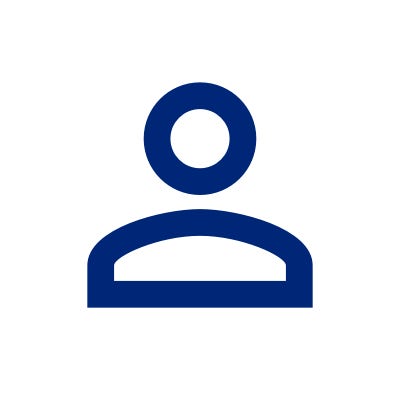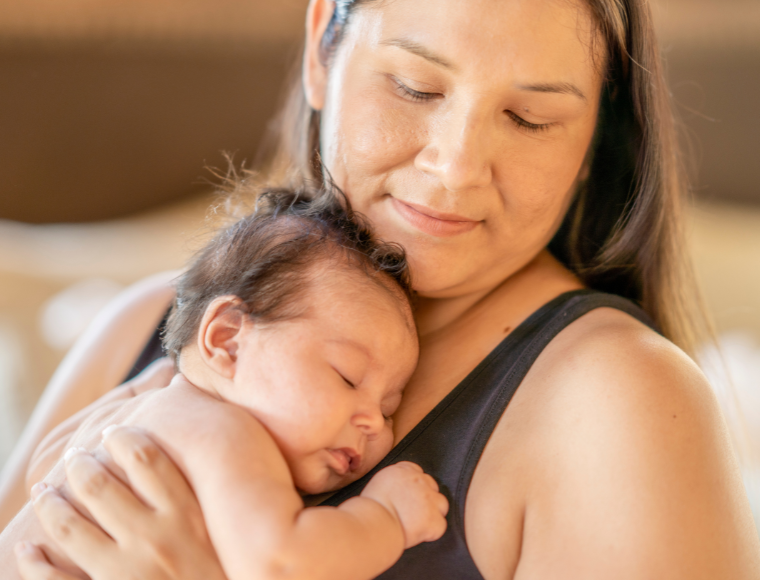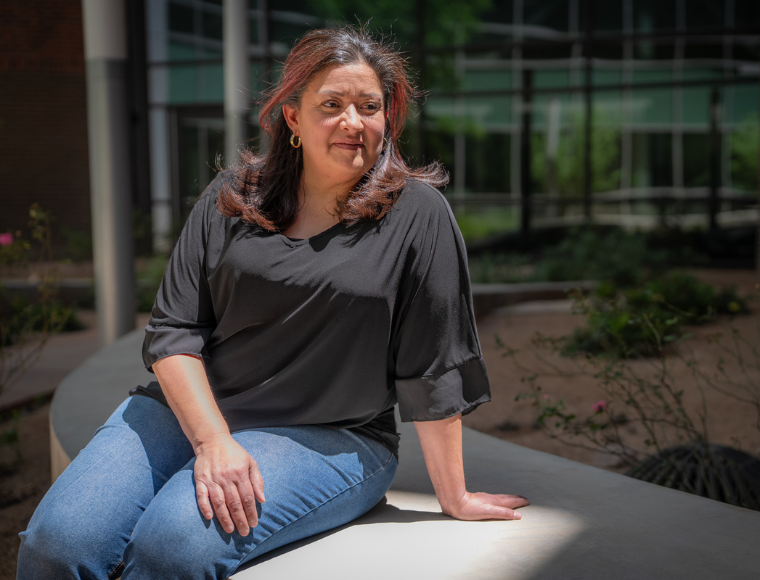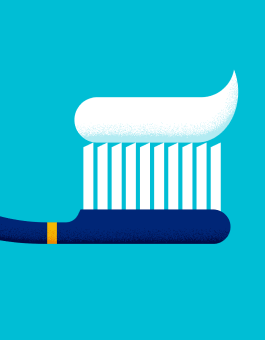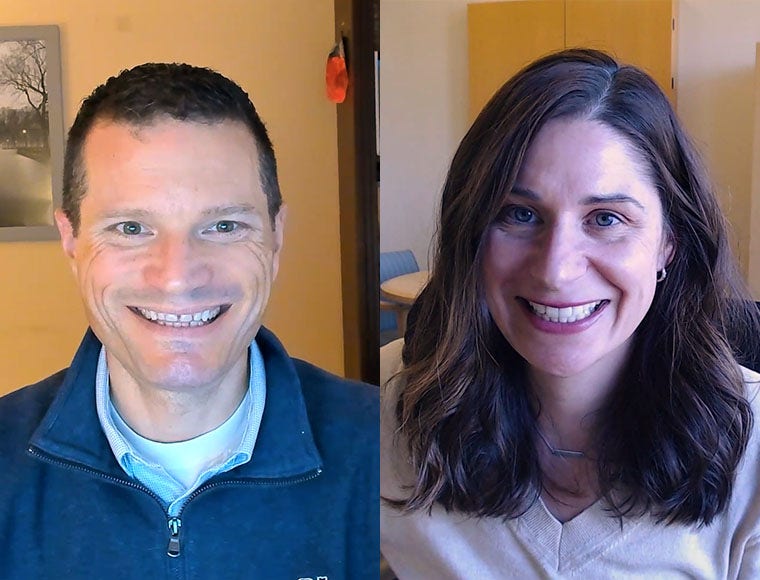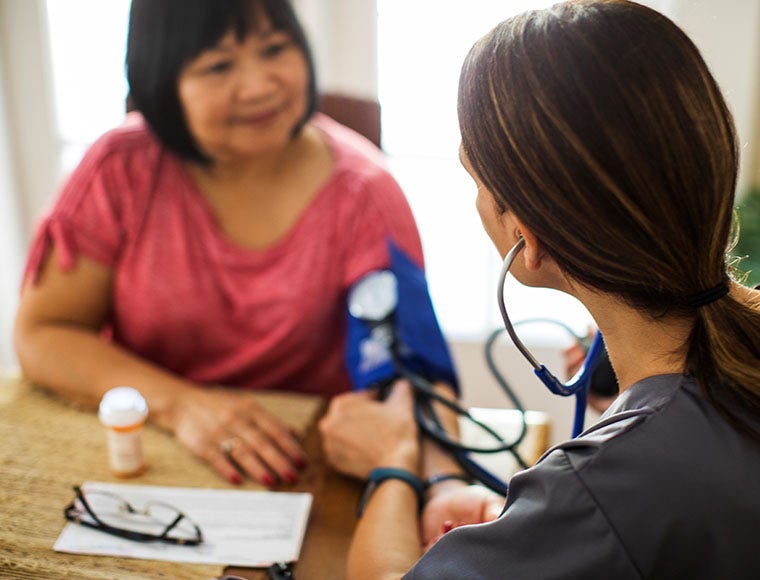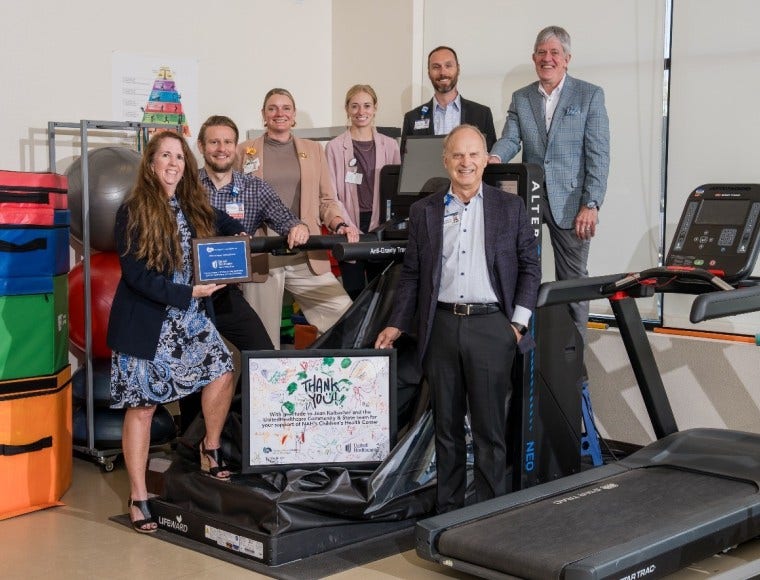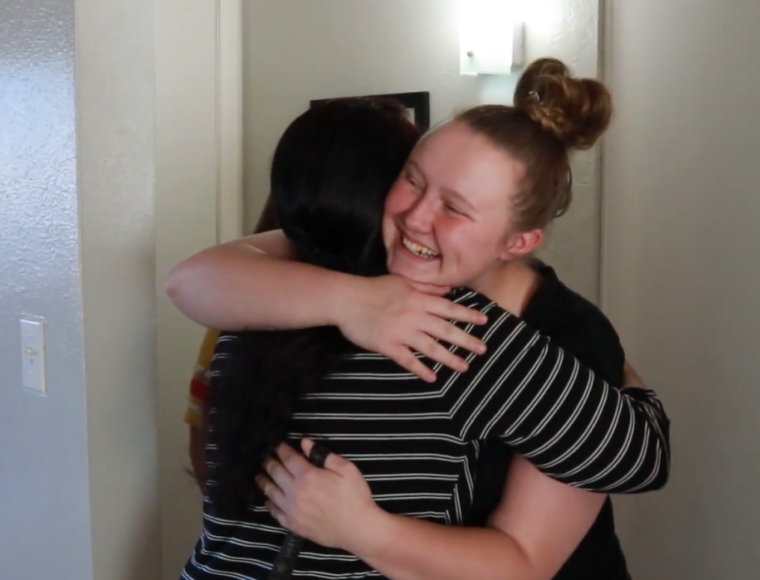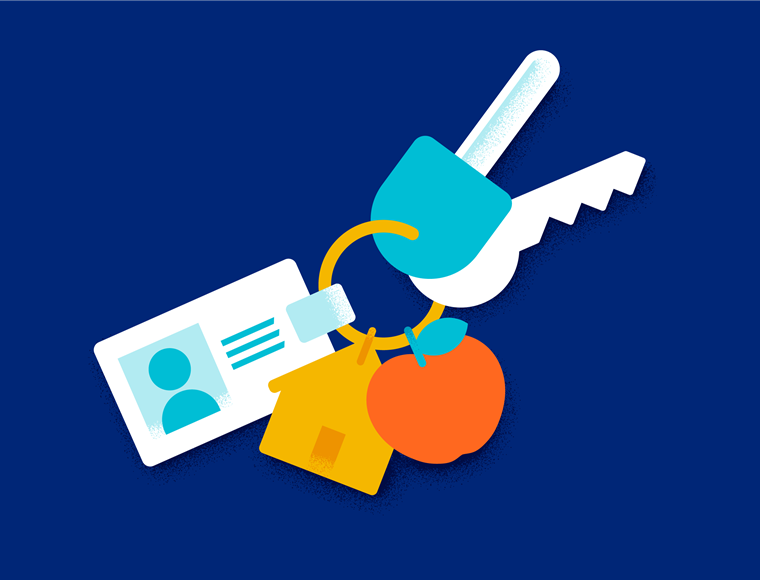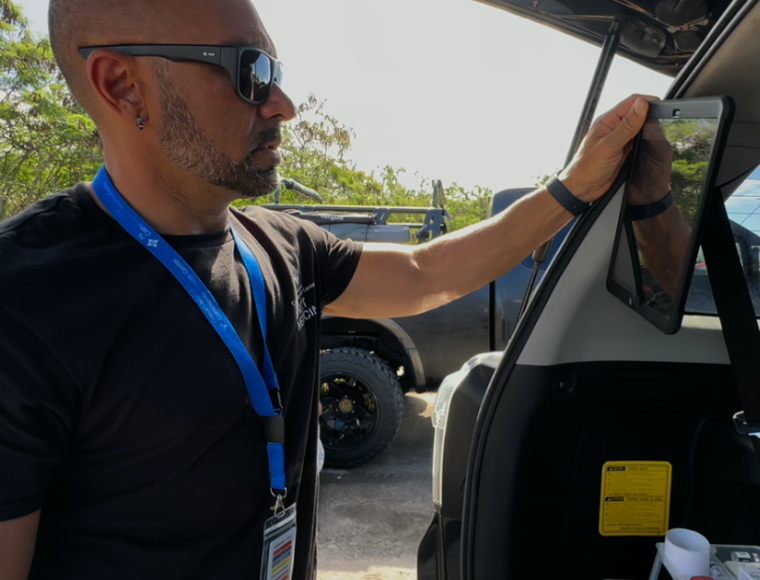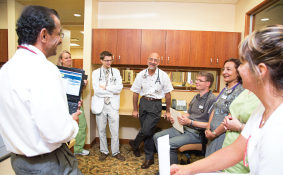Arizona is home to 22 federally recognized tribes. 28% of the state is comprised of tribal land, with reservations spanning 12 of the state’s 15 counties.1 Indigenous people in Arizona experience stark health disparities – ranking worse than the state average on 56 out of 66 health indicators.2 On average, Indigenous people are more likely to report fair or poor health and experience chronic conditions like COPD, asthma and diabetes, and are 15 years younger at the time of death compared to people in other racial and ethnic groups in Arizona.3 Nationwide, Indigenous people are also less likely to have a primary doctor.4
While Indigenous people make up 5.3% of Arizona’s population, they comprise only 1.1% of Registered Nurses, 2.1% of Licensed Practical Nurses and 1% of medical students in the state.5 Having a healthcare provider from the same racial background or who speaks the same language is associated with higher rates of preventive care and improved patient experience.6 Improving representation in the health care workforce can in turn improve access to primary care and social supports.
To meet this need, UnitedHealthcare Community Plan of Arizona has collaborated with Native Health, an Urban Indian Health Organization – a designated Federally Qualified Health Center (FQHC) that provides care to urban American Indians and Alaska Natives residing in the greater Phoenix, Arizona metro area. Since 2019, UnitedHealthcare has sponsored paid internships at Native Health for eligible American Indian/Alaskan Native undergraduate and graduate students. The internship program is designed to help eligible American Indian/Alaska Native students pursue careers in public health. As of August 2023, five interns have successfully completed the internship program.
As an Urban Indian Health Organization, Native Health specializes in providing culturally-comprehensive services to the urban Phoenix Indigenous population and other community members. Interns gain hands-on experience and exposure to the operations of an FQHC and the integrated services that Native Health offers. Interns learn how to support members of the community in navigating the healthcare system and accessing social supports that contribute to whole-person health.
Interns also learn about the different facets of community health centers, including Native Health’s Arizona Long Term Care System (ALTCS) Tribal Case Management Program which provides Medicaid services and supports to eligible elderly or physically disabled American Indians/Alaskan Natives. Elders are truly sacred to American Indians/Alaskan Natives as they are viewed as the gatekeepers of a tribe’s history, teachings, ceremonies, language. We are taught at a young age to respect, listen to, and protect our elders. Interns learn how vital programs like ALTCS Tribal Case Management provide direct support to eligible tribal elders to ensure their needs are being met and not forgotten.
The internship also focuses on addressing Social Drivers of Health (SDOH), such as housing – an acute challenge in the greater Phoenix metro area that Native Health serves. Interns assist with connecting patients with local resources. They learn about different career opportunities within the entire health care system. Building health literacy among Indigenous communities is a key outcome of the program, and an essential building block in improving population health. The program creates connections between higher education, tribal communities, and healthcare professionals to give Indigenous students exposure to a variety of career paths in public health. Ultimately, the goal is to build up future tribal leaders who are well-equipped to invest in the lives of Indigenous people and work to reduce inequities that their communities face.
Improving health outcomes requires an intentional focus on reducing disparities in access to care. Increasing representation and cultural competency among the health care workforce is one step toward advancing health equity for Indigenous people throughout Arizona.
"This internship gave me growth in learning how public health plays a critical role in society by acknowledging health disparities that affect many Indigenous communities…Working directly with community members gave me a perspective that has enlightened my view on some hardships they may face but also recognizing their resilience in their culture, community and personal self."
Kristin Payestewa-Picazo, Hopi and Navajo
Former Native Health Intern and Current PhD Candidate Researching Health Disparities
Sources
- https://gotr.azgovernor.gov/file/6557/download?token=GC54tfJB
- https://pub.azdhs.gov/health-stats/report/hspam/2020/index.php
- https://www.azdhs.gov/documents/director/tribal-liaison/arizona-american-indian-status-report-2019.pdf
- https://www.cdc.gov/mmwr/volumes/67/wr/mm6747a4.htm
- https://azeconcenter.org/hb2494-sb1301-investing-in-a-healthy-workforce-and-healthcare-system-for-american-indians-in-arizona/
- https://www.rwjf.org/en/insights/our-research/2022/03/racial-ethnic-and-language-concordance-between-patients-and-their-usual-healthcare-providers.html
